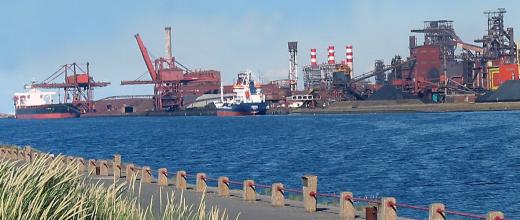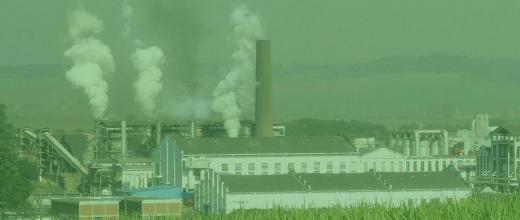 CO2 capture, utilization and storage
CO2 capture, utilization and storage
OVERVIEW AND CHALLENGES
An international context marked by:
- the Paris Agreements and the French Climate Plan,
- a target of limiting the overall increase in global temperature to below 2°C by 2100: a more than 40% reduction in global CO2 emissions by 2040 is currently required to achieve this target,
- the creation of the Oil and Gas Climate Initiative (OGCI): 13 international oil companies have joined forces to contribute to the reduction in greenhouse gas emissions, particularly those resulting from the extraction and consumption of oil and gas in the electricity production and heating sectors, the industrial sector and the transport sector. The OGCI has an investment fund amounting to one billion dollars. Its members identify CCS as an essential technology that must be rolled out over the years to come.
Different solutions should be combined to achieve this objective:
- improve energy efficiency,
- development of renewable energies,
- CO2 capture and storage (CCS).
Industries concerned by CCUS (carbon capture, utilization and storage) are heavy industries, which currently do not have access to substitution technologies to significantly reduce their CO2 emissions:
- steelmaking,
- cement plants,
- refining,
- chemicals,
- petrochemicals.
The principal obstacles to be overcome linked to the deployment of CCS concern all market segments:
- reduce the cost of capture technologies. Capture remains the most costly step in the CCS process, representing between 65 and 75% of the overall cost. The challenges relate to the development of technologies that are as efficient as possible, in particular reducing their energy penalty,
- study the transport map (boats and gas pipelines) in terms of the location of capture facilities with respect to storage sites, and develop the transport of liquid CO2 by boat,
- demonstrate the feasibility of large-scale, secure storage in deep saline aquifers and develop long-term control and monitoring technologies,
- develop economic analyses and life cycle analyses (LCAs) to quantify environmental benefits compared to:
- a scenario without CCS,
- alternative processes,
- propose stakeholder mobilization practices in order to encourage an informed dialog around projects and define the conditions for their execution.
The deployment of CCS represents a veritable challenge: it will require the construction, over a period of 25 years, of an industry comparable in size to that of the oil industry: CO2 capture facilities with a cumulative size comparative to that of the global refining industry, transport networks comparable to those of natural gas transport, and storage infrastructures comparable to those found on the biggest oil fields.
CCUS will prevent the emission of some 8.2 billion tonnes of CO2 between now and 2060, representing 14% of the reduction needed (IEA, BLUE Map scenario).
IFPEN has long since been positioned throughout the CCS value chain:
• develop economically accessible capture processes
• create large-scale, secure storage technologies
to reduce CO2 emissions and tackle global warming.
Our solutions Our networks Our strengths











